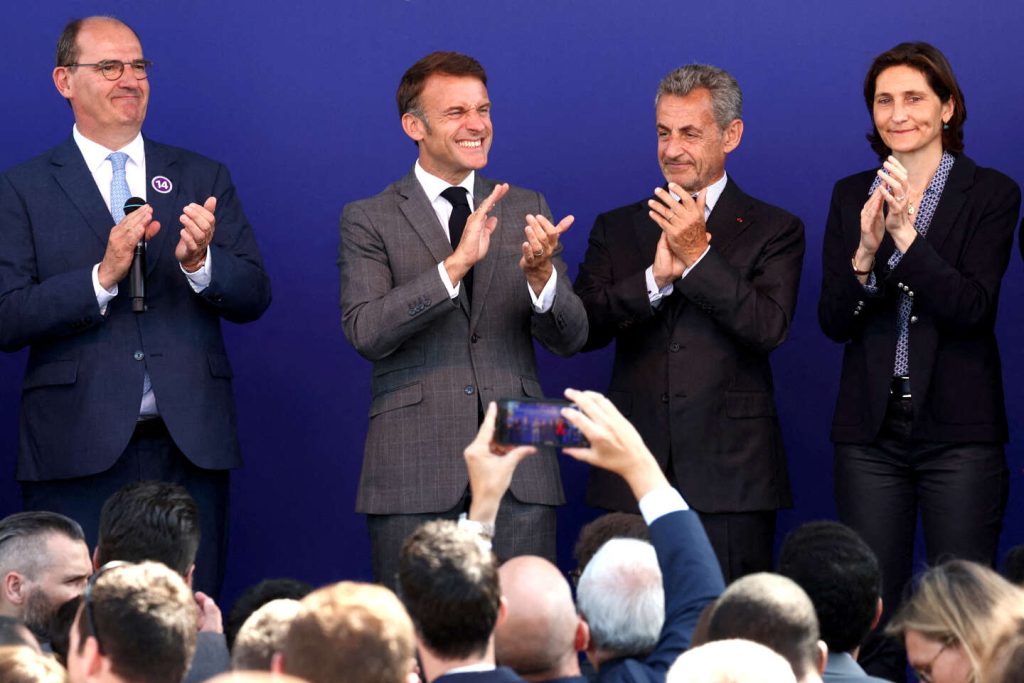The article discusses a meeting between former French President François Hollande and current President Emmanuel Macron, held at the Elysee Palace on March 6th. The two leaders primarily discuss French politics, with Hollande advising Macron to form an alliance with the right to strengthen his parliamentary majority. Macron expresses reluctance, feeling that he did not become President to pursue right-wing policies. This conversation highlights the challenges Macron faces in broadening his political support base.
Six months later, after facing difficulties with a premature dissolution of the National Assembly and poor results in legislative elections, Macron forms a new government on September 21st. The government consists of thirty-nine ministers, blending young Macronist figures with a conservative right-leaning faction. The inclusion of members from The Republicains party is viewed as a nod to the “Fillonist” right-wing, associated with former Prime Minister Francois Fillon. The appointment of figures such as Bruno Retailleau, known for his conservative views on issues like immigration and identity, reflects Macron’s attempt to balance his government’s composition.
Retailleau, a former associate of Philippe de Villiers and an advocate for conservative values, has stirred controversy with remarks on ethnic origins and citizenship status. His appointment to the Ministry of Interior symbolizes a shift towards more traditional and socially conservative policies. Other ministers in the government, such as Patrick Hetzel and Laurence Garnier, also represent this right-leaning faction, opposing measures like the criminalization of conversion therapies and advocating for traditional family values. This contrasts with the more progressive stance of figures like Gabriel Attal, who openly acknowledged his homosexuality during his appointment as Prime Minister earlier in the year.
The government’s composition reflects a broader political shift towards a more conservative agenda in certain policy areas. The inclusion of figures with traditional views on social issues, such as marriage equality and identity, signals Macron’s willingness to engage with a more diverse set of opinions within the government. This move has sparked criticism from left-wing politicians, who view the new government as a departure from democratic values. The balancing act between progressive and conservative forces within the government highlights the complexities of governing a diverse and polarized political landscape.
Overall, the article paints a picture of a government in transition, as Macron navigates the challenges of forming a coalition with right-leaning elements to bolster his political position. The inclusion of conservative figures in key government positions underscores the tension between progressive and traditional views in French politics. As Macron seeks to broaden his support base and navigate a complex political environment, the composition of his government reflects a delicate balancing act between competing ideologies and interests.


